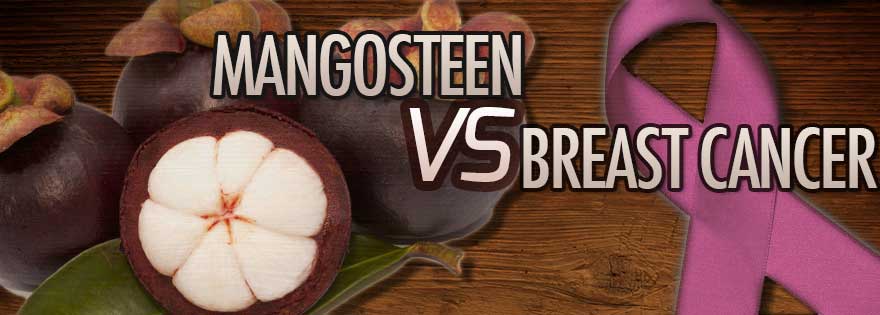CHINA – Mangosteen, the tropical fruit native to Southeast Asia, can protect against breast cancer, say researchers from the University of Chinese Academy of Sciences’ (UCAS) College of Life Science.
The researchers discovered that the mangosteen’s pericarp, or the walls of a ripened fruit, contains a compound that triggers cell death in breast cancer cells, according to the Epoch Times.
This research studied the effects that a unique mangosteen xanthone, a unique organic compound in the fruit called alpha-mangostin, can have on breast cancer cells. The team from UCAS studied how alpha-mangostin affects fatty acid synthase (FAS). FAS overproduction has been commonly linked with breast cancer occurrences.
As published in the journal ‘Molecular Cancer,’ the authors wrote, “[Alpha-mangostin] could also reduce cell viability, induce apoptosis in human breast cancer cells, increase in the levels of the PARP cleavage product, and attenuate the balance between anti-apoptotic and pro-apoptotic proteins of the Bcl-2 family.”
Translation: The researchers discovered that alpha-mangostin can inhibit the expression of FAS, which will decrease the level of fatty acid accumulation that is connected to breast cancer. Most importantly though, it was found to trigger cell death in human breast cancer cells.
The UCAS scientists say that these mangosteen xanthones could eventually become a viable treatment agent in breast cancer therapy, according to the Epoch Times. With it being relatively easy to source, mangosteen extract could also be used as a preventative food for avoiding breast cancer development.
This is definitely great news. Stay tuned to AndNowUKnow for more information on this subject as updates are made available.


